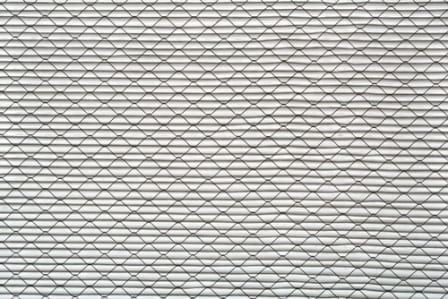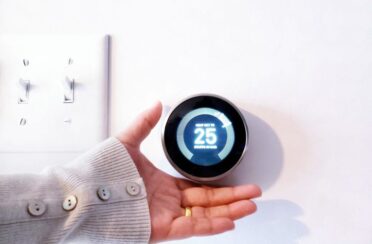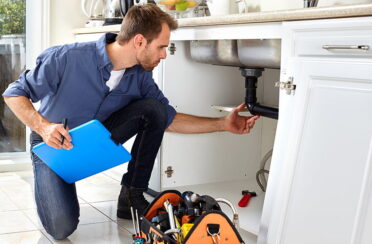 Forced-air heating and cooling systems use air filters that have MERV ratings that indicate the size of the particulates the filter traps. MERV is the acronym for minimum efficiency reporting value and the scale runs from 1 to 16 for residential purposes. Higher numbers indicate that the filter traps smaller particles, which keep both the blower and the indoor air cleaner.
Forced-air heating and cooling systems use air filters that have MERV ratings that indicate the size of the particulates the filter traps. MERV is the acronym for minimum efficiency reporting value and the scale runs from 1 to 16 for residential purposes. Higher numbers indicate that the filter traps smaller particles, which keep both the blower and the indoor air cleaner.
A filter with a MERV rating up to 4 traps just 20 percent of the particles that are 3 microns or larger, while one that is 8 traps more than 70 percent. Filters with a rating of 16 trap 95 percent or more of these small particulates. Three microns represents three millionths of a meter, which is the size of the smallest particle of cement dust.
However, filters that have a high MERV rating also slow the airflow through the blower, which reduces the performance of the entire system. This makes all the parts work longer and harder, increases energy bills and the wear and tear on your equipment. The solution to the problem lies in finding the right balance between effective air filtration and the maximum MERV rating you should use.
The owner’s manual for your system may indicate the maximum value you can use or an HVAC contractor can tell you. Generally, filters whose ratings go between 1 and 4 trap the largest particles and won’t interfere with the airflow unless they become covered with dust. The inexpensive fiberglass filters at home improvement stores have ratings between 1 and 4, while the better choice for most systems are the pleated filters with ratings between 5 and 8.
In most cases filters with MERV ratings between 5 and 8 will trap most of the particulates that irritate allergies and cause problems inside the blower and the ductwork. If your HVAC contractor suggests using a higher MERV rated filter, check it more frequently, since it traps more airborne particulates.
If you’d like to learn more about MERV ratings and better filtration, contact Arpi’s Industries, Ltd. We’ve provided HVAC services for the Calgary area for more than 50 years.
Our goal is to help educate our customers in Calgary, Alberta about energy and home comfort issues (specific to HVAC systems). For more information about MERV ratings and other HVAC topics, download our free Home Comfort Resource guide.
Image courtesy of Shutterstock


